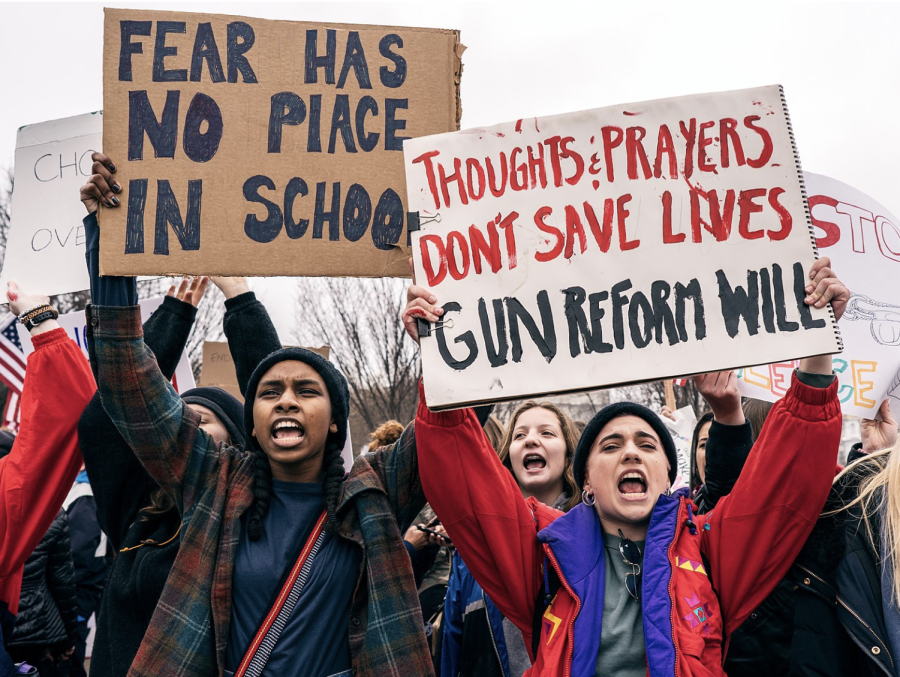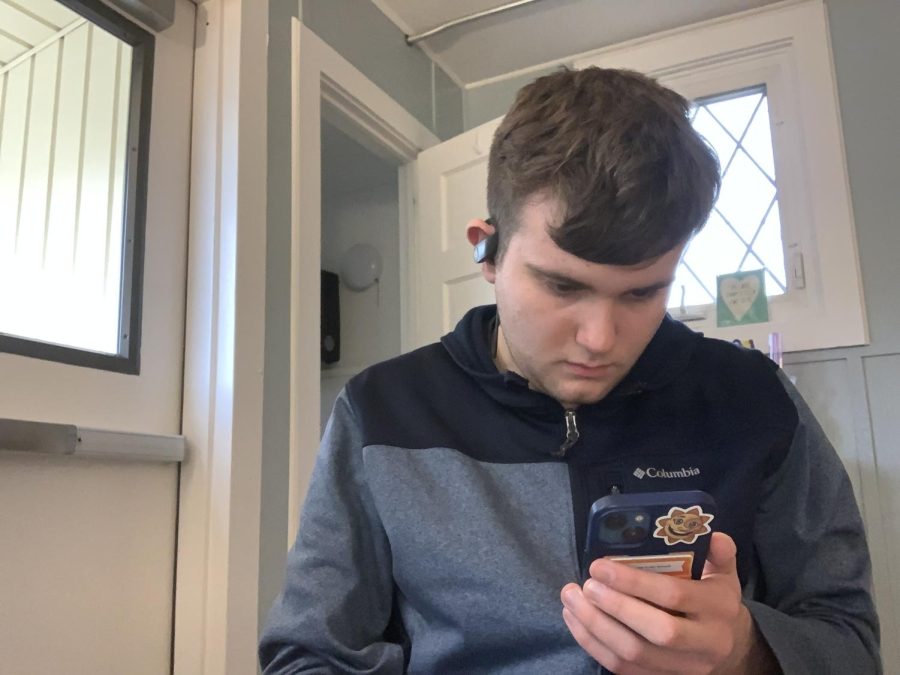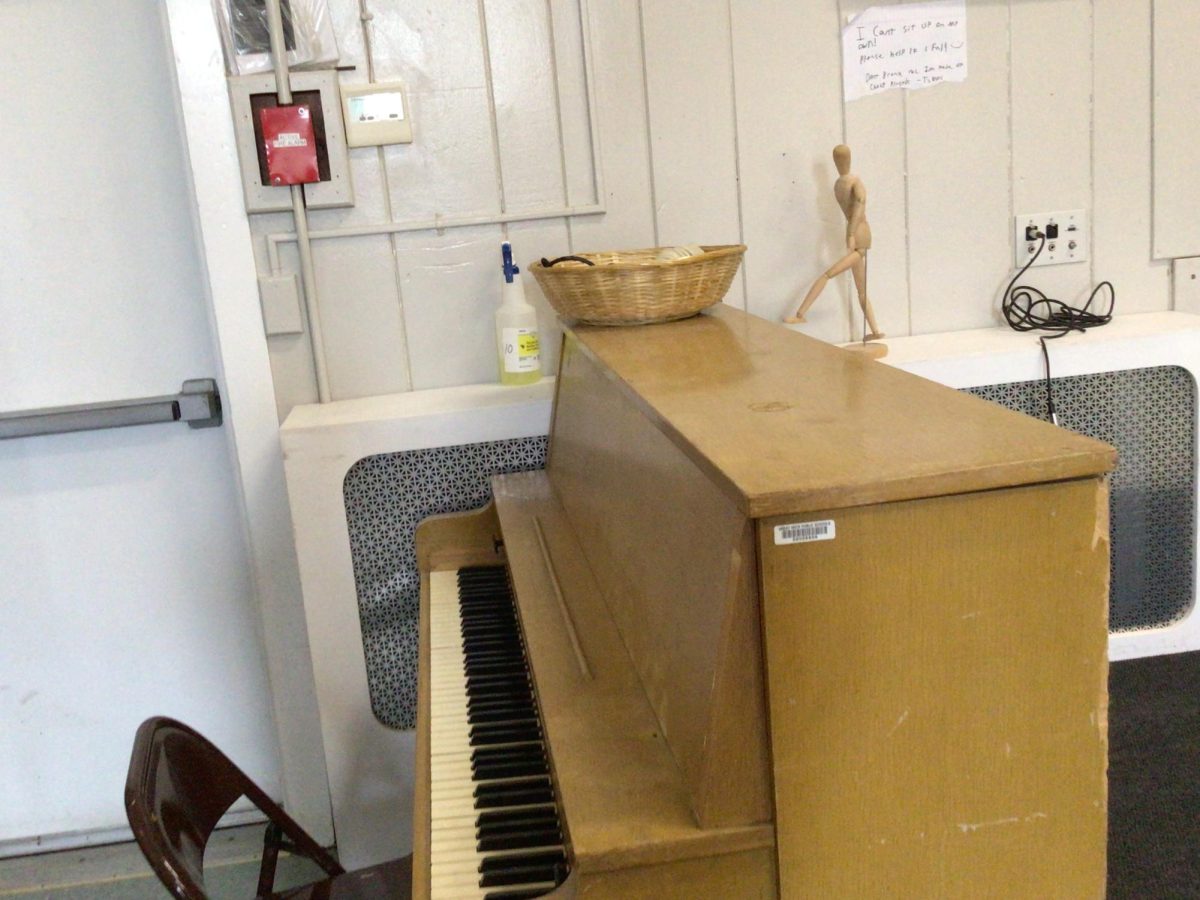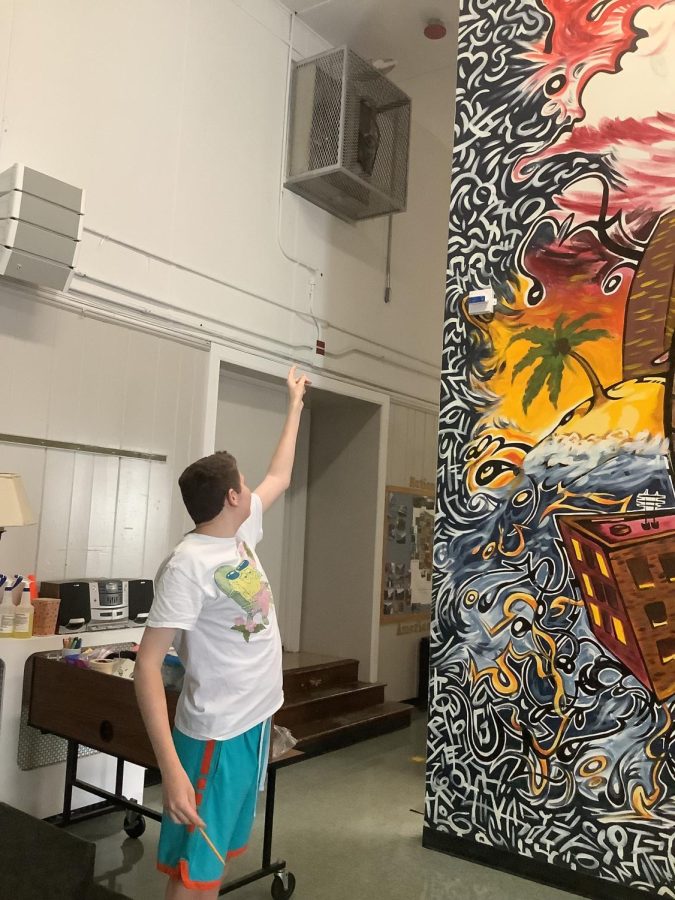Recently, there has been some… hostility here at Village. And yes, after Credit Boards it seems to be getting better, but we all can clearly sense that Village is not as friendly as it used to be and certainly not as much as it used to be!
After a recent general meeting, Steve talked about and addressed the problem. Later that day, I think we could all tell that tensions were lowered. About a week later, we were all much better but there still seems to be hostility. How can we fix this? I interviewed Steve, our principal, and he shared good words of wisdom, “Mostly, I think talking things out is a good move”, he said. But he also admitted that though it sometimes works, you can’t hit things when they are hot, because that might end up blowing up in your face and exacerbating a situation.
So it seems true that the best way to solve problems is to talk them out, but how can we do this in a productive, effective way? Well, family meetings, so to speak, held once a week or every other week might be the answer. In these meetings, we can talk to each other in a non-hostile, friendly environment, and explain what school, teacher, student or even family matters is making us stressed and agitated.
While someone might argue that these meetings would just be a bunch of people yelling at each other and fighting, if we organize it well and go into it with the mindset that we are going to solve our problems rather than just make new ones, then everyone will be able to stay calm and communicate effectively. Communication is key in order for a functioning family to work, and at the end of the day that is all what we really are, a family.
What if the issues we are dealing with are private ones? “Sometimes the issues involve private items and so they can’t really be discussed in a big forum, but I think in a place like this we can get closer to private than in a bigger school,” Steve told me. We all know each other, we should be able to help each other not only with in- school problems but with possible home or other personal issues. People here should be happy and able to learn, without having to burden Lisa with every problem we have with someone. When we have a problem with someone, the best way to deal with it is not to tell everyone else, but address the person in question, and tell them what is wrong, whether it is about something that happened during lunch or during class. The communication skills that we learn during these meetings could carry over into these smaller, one-on-one interactions and later in life.
While the whole school is obviously never going to be perfect and there will always be people that don’t like each other, we should never use the word “hate” when talking about a classmate– we should all be able to tolerate each other. At the end of the day, we are all in the same school and in close proximity to each other. The more tension there is, the worse it is going to get. So, if we don’t want to hinder our ability to earn credit in our classes, we should all just sit down and have mellow conversations about what is bothering us. And, if your behavior (directly or indirectly) is being addressed, try to take that feedback and use it constructively to make better choices later on.
So how might this all work? One way is to only have the students who are having issues come in to talk, but Steve said by not meeting with everyone, “I’m punishing [the students without issues] by depriving them of not knowing what’s going on in the school.” Whether you agree with the whole concept of having a meeting with everyone involved, one can understand where Steve is coming from; he wants everyone to know that if there is indeed a problem, it should be shared and solved, not ignored. Some students may even think that not being invited to the meeting means that they are the ones being talked about. It seems best then, if we were to have bi-weekly or even monthly meetings in which everyone is invited and everyone- the involved and not involved- can voice their opinions and give suggestions.
Looking to Village School history can help guide us when it comes to these issues. Steve himself has been here for about 20 years, and has been principal for 15. When we discussed whether or not there have ever been meetings like this in the past, he said that through the years, from meetings, and reforms to the school, he is proud to say he is a part of the Village School community. But 20 years ago, he wasn’t even sure he wanted to work here. I think that this really says a lot about the power that meetings can have on the school culture. From just 15 minutes of talking about what is wrong and how it can be fixed, Steve was able to help transform the school into something that we can all agree is really great.
At the end of the day, we have to coexist because none of us want to have to leave the school because of something someone did or something we did, because as we all know and say often, we really are all here for a reason and this school has helped each and every one of us. If we are aware of our faults, then we can try to work on them and make changes. That way, we can all focus on what really matters here, doing well academically and giving ourselves the opportunity to go somewhere in life. That is, after all, the ultimate goal of school, and yes, this is a real school.
[polldaddy poll=9308044]














Max Cruz • Feb 25, 2016 at 8:55 am
It sounds like a great idea. One concern I personally would have is if a hostile student has equally hostile parents, could something go horribly wrong during one of these meetings?
James bares • Mar 2, 2016 at 2:02 pm
Not with peoples family, but the village family